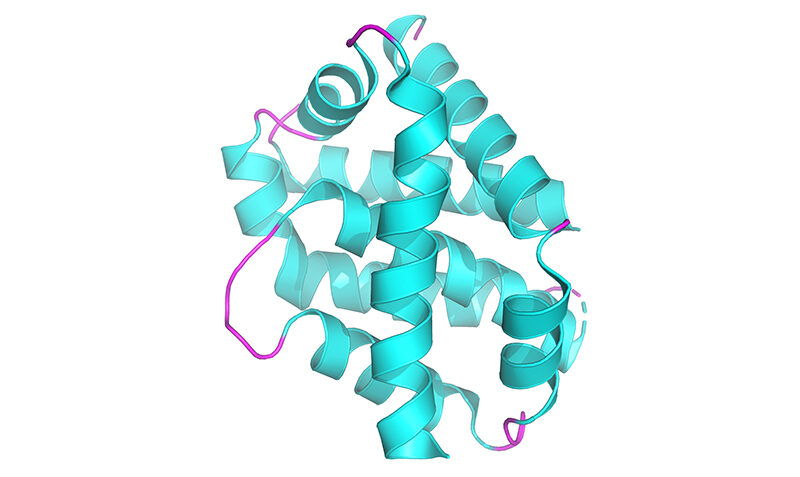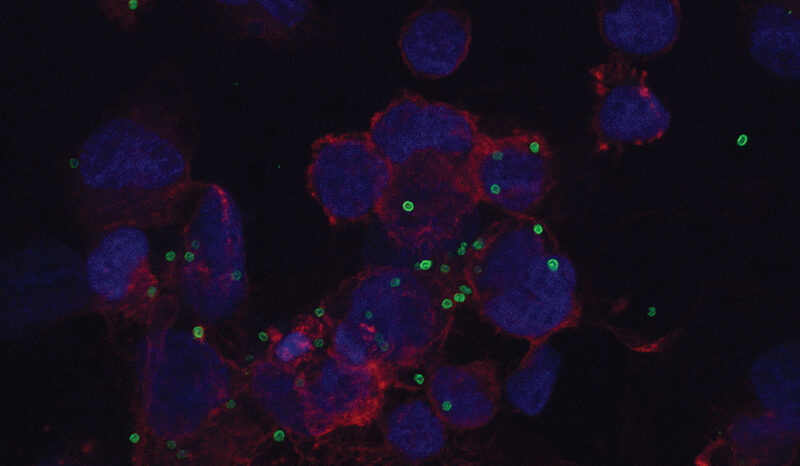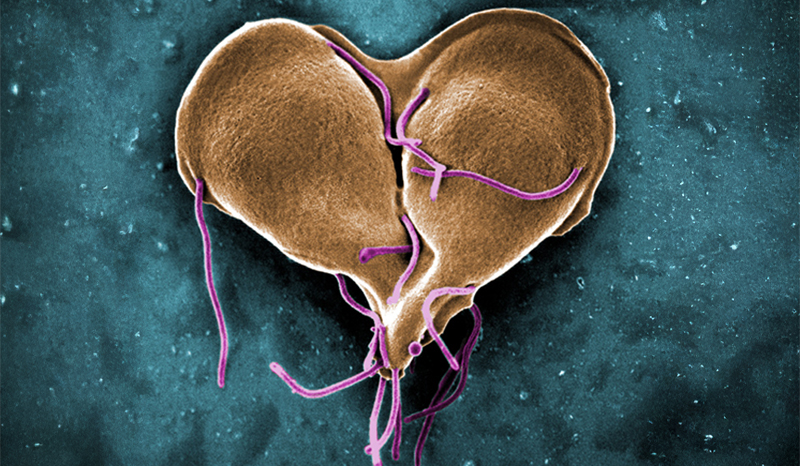A new hope in the fight against degenerative conditions
Millions of cells are programmed to die in our bodies every day. But excessive cell death can cause degenerative conditions including Parkinson’s disease and Alzheimer’s disease, with the premature death of brain cells a cause of symptoms in these diseases.
Professor Grant Dewson, co-corresponding author and head of the WEHI Parkinson’s Disease Research Centre, said: “Currently there are no treatments that prevent neurons from dying to slow the progression of Parkinson’s. Any drugs that could be able to do this could be game changing.”
The new study aimed to find new chemicals that block cell death and could be useful to treat degenerative diseases in the future.
To identify novel small molecules, the team worked with researchers in the National Drug Discovery Centre, headquartered at WEHI.
A high-throughput screen of over 100,000 chemical compounds identified one that was effective at stopping cells from dying, by interfering with a well-understood cell death protein.
Co-corresponding author Professor Guillaume Lessene said: “We were thrilled to find a small molecule that targets a killer protein called BAX and stops it working.
“While not the case in most cells, in neurons turning off BAX alone may be sufficient to limit cell death.”
















